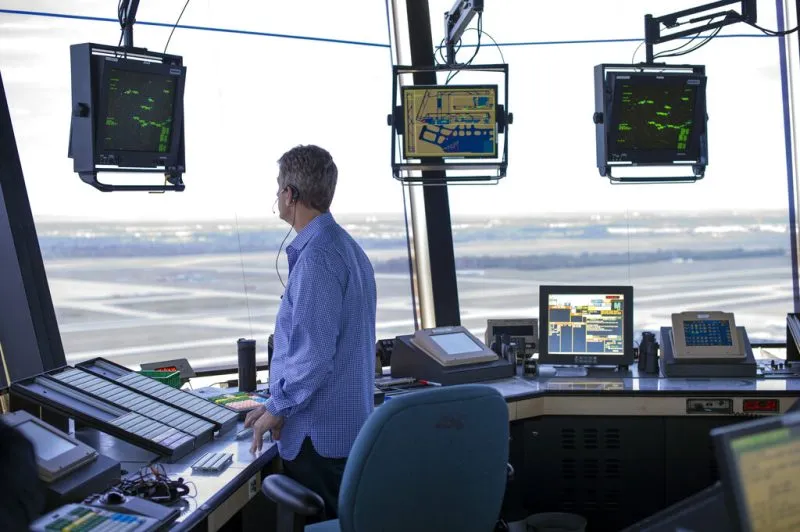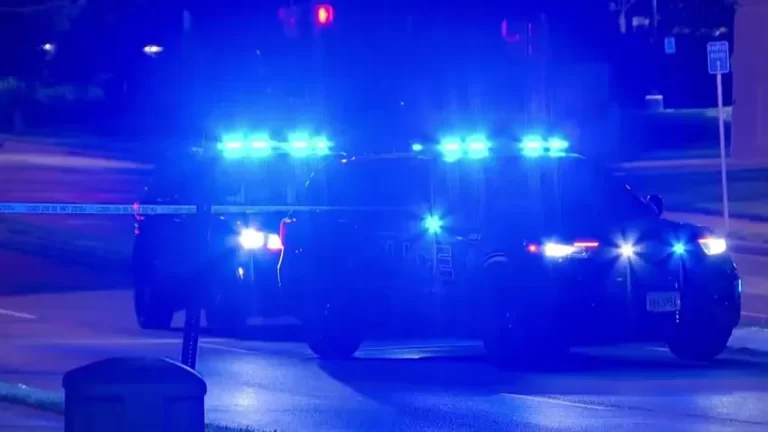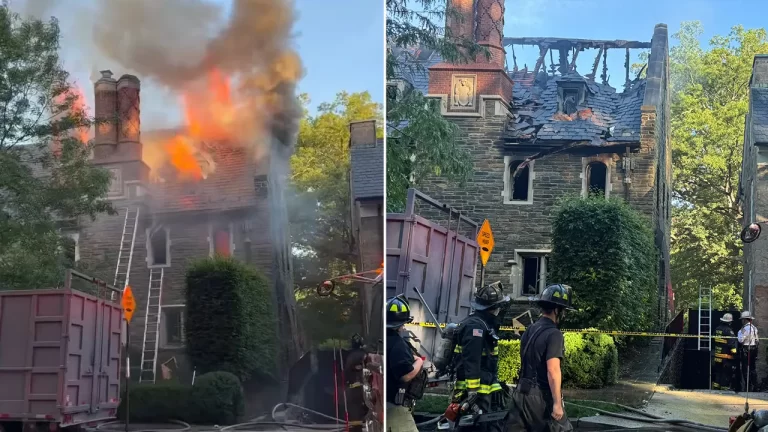
Washington, D.C. — May 26, 2025 — In an urgent move to address a worsening shortage of air traffic controllers, the U.S. Department of Transportation is offering seasoned controllers a 20% pay bonus if they agree to postpone retirement. The incentive, announced Monday, is part of a broader effort to stabilize the aviation system as airports across the country face mounting pressure from increased travel and insufficient staffing.
Transportation Secretary Pete Buttigieg said the measure reflects the critical need to retain experienced personnel while the Federal Aviation Administration (FAA) works to ramp up training for new recruits. “We are facing a moment where retaining institutional knowledge is just as vital as building new capacity,” Buttigieg said at a press conference. “This incentive is about keeping our skies safe while we aggressively expand our controller workforce.”
The staffing crisis has led to flight delays, increased workload for current employees, and growing concern among airline executives. Industry analysts have warned for years that the FAA’s aging workforce and slow training pipeline could lead to operational bottlenecks — and now, those warnings are materializing.
As of early 2025, nearly one-third of the FAA’s air traffic controllers are eligible to retire. With fewer controllers to guide the ever-increasing number of commercial and cargo flights, the strain is becoming increasingly visible.
The 20% retention bonus will apply to controllers eligible for retirement within the next two years and who agree to extend their service for a minimum of 12 to 24 months. The FAA says it has already begun reaching out to eligible personnel and expects strong interest in the offer.
“This is a smart short-term solution, but it’s only a stopgap,” said Sara Longwell, a former FAA official and aviation policy expert. “The real issue is long-term investment in recruitment and modernizing training programs.”
The FAA has also announced plans to increase class sizes at its Oklahoma City training center and streamline some certification procedures without compromising safety. However, it typically takes 18 to 24 months to fully train a new controller, depending on the complexity of the facility.
The National Air Traffic Controllers Association (NATCA), the union representing the majority of controllers, welcomed the bonus offer but cautioned that more systemic changes are needed. “We support anything that helps retain veteran controllers,” NATCA President Rich Santa said. “But this crisis was predictable. The FAA needs a sustained hiring and retention strategy.”
The retention bonus is expected to be funded through existing FAA appropriations, though further Congressional support may be required if the shortage continues into 2026.
With peak summer travel season approaching, officials hope the bonus program will buy time to ease the pressure on the system. But many inside the industry agree: the sky is getting crowded, and the solution will need to be more than temporary.




